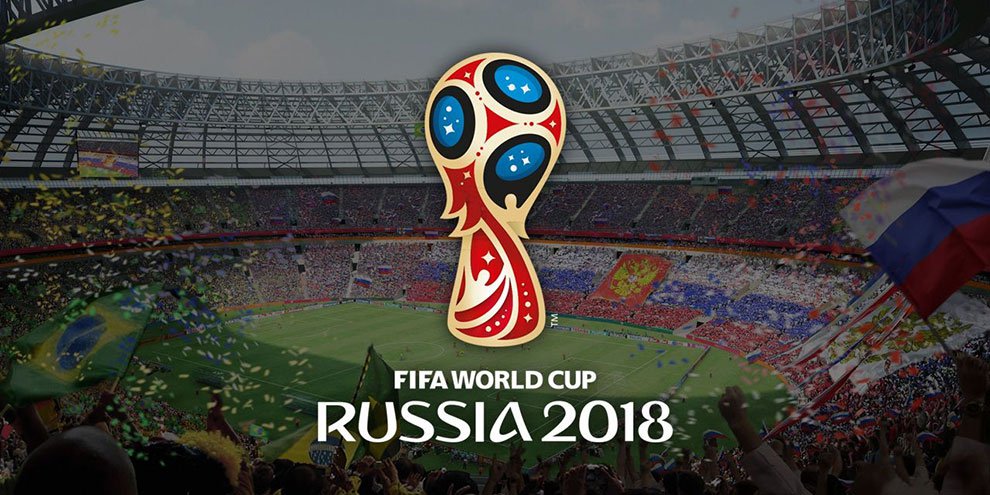The soccer World Cup will have a short-lived impact on the economy of its host Russia, economists say, despite Moscow’s hopes that the billions of dollars spent on preparations for the tournament will lead to an economic boost.
Since being named as host for this summer’s tournament in 2010, Moscow has aimed to showcase Russia as a global superpower and reinvigorate stagnating sectors of the economy with an influx of foreign visitors and spending.
But economists poured cold water on these aspirations, saying the month-long event would do little for the economy in the short term, although related improvements to infrastructure and investment in tourism could increase its growth potential.
“We see very limited economic impact at the national level given the limited duration of the World Cup and the very large size of the country’s economy,” analysts at credit rating agency Moody’s said on Thursday.
Russia will host the most prestigious soccer tournament for the first time from June 14 to July 15 in 11 cities in the European part of the country, and has spent billions on building new stadiums and upgrading aging infrastructure.
Some 570,000 foreign fans and 700,000 Russians are expected to attend World Cup matches, according to a study presented by the local organising committee last month.
But “while the extra boost in tourism will benefit Russia’s already healthy external accounts, the added support will likely be short-lived”, Moody’s said.
TIME WILL TELL
In addition to new stadiums in cities like Samara, Saransk and Nizhny Novgorod, Russia is using the World Cup as a catalyst for broader social and economic changes ranging from job creation to the installation of more surveillance cameras.
Most government officials have been reluctant to share their assessment of the World Cup’s economic impact.
But former Deputy Prime Minister Arkady Dvorkovich made the bold assertion last month that there would currently be no economic growth in Russia if it weren’t for the preparations for the tournament.
Economists interpreted Dvorkovich’s statement on World Cup investments as a justification for economic growth in the past rather than the reason behind this year’s expansion, seen at around 1.5-2.0 percent.
The massive construction projects that were carried out in World Cup host cities had the most impact on the economy in 2016 and 2017, said Alexei Zabotkin, head of investment strategy at VTB Capital.
With the construction phase of preparations behind it, Russia is now on track for an upsurge in consumer growth and tourism in the second and third quarter of the year, he said.
“It would be exaggerated to say that we would have no economic growth without World Cup construction,” Zabotkin said.
Analysts at Moody’s said the food, hotel, telecoms and transport industries would see a temporary boost in revenue, but that the overall credit impact for the Russian corporate sector would be limited.
“Construction companies are also among the key beneficiaries, but they would have already felt much of the impact”, Moody’s said, adding that sectors likely to benefit most from higher tourist numbers “are not key growth drivers in most hosting local economies”.
“The question is to what extent Russia will be able to use the opportunities provided by the World Cup to raise its economic growth potential via better infrastructure and better worldwide recognition,” said Yaroslav Lissovolik, chief economist at the Eurasian Development Bank.






